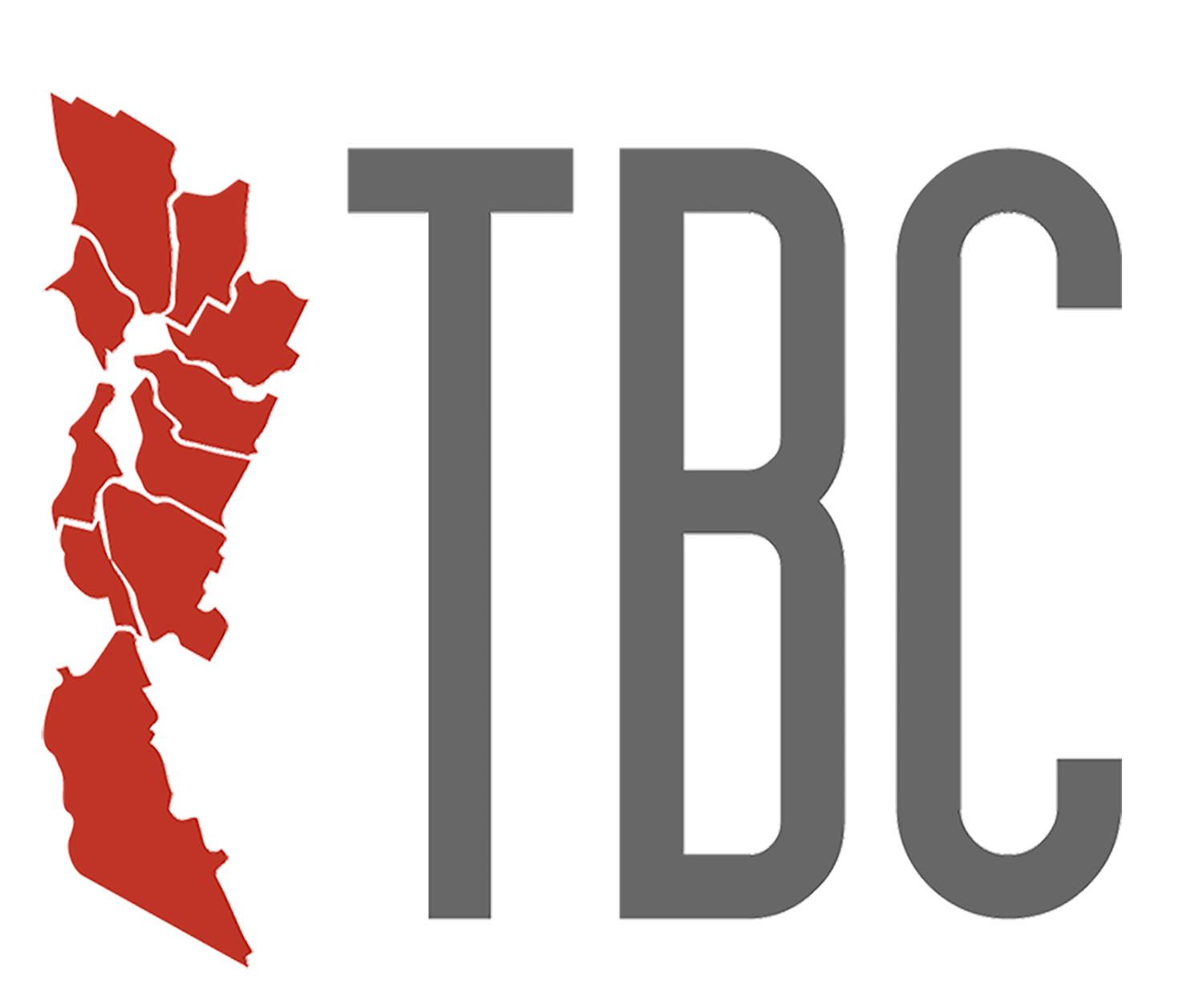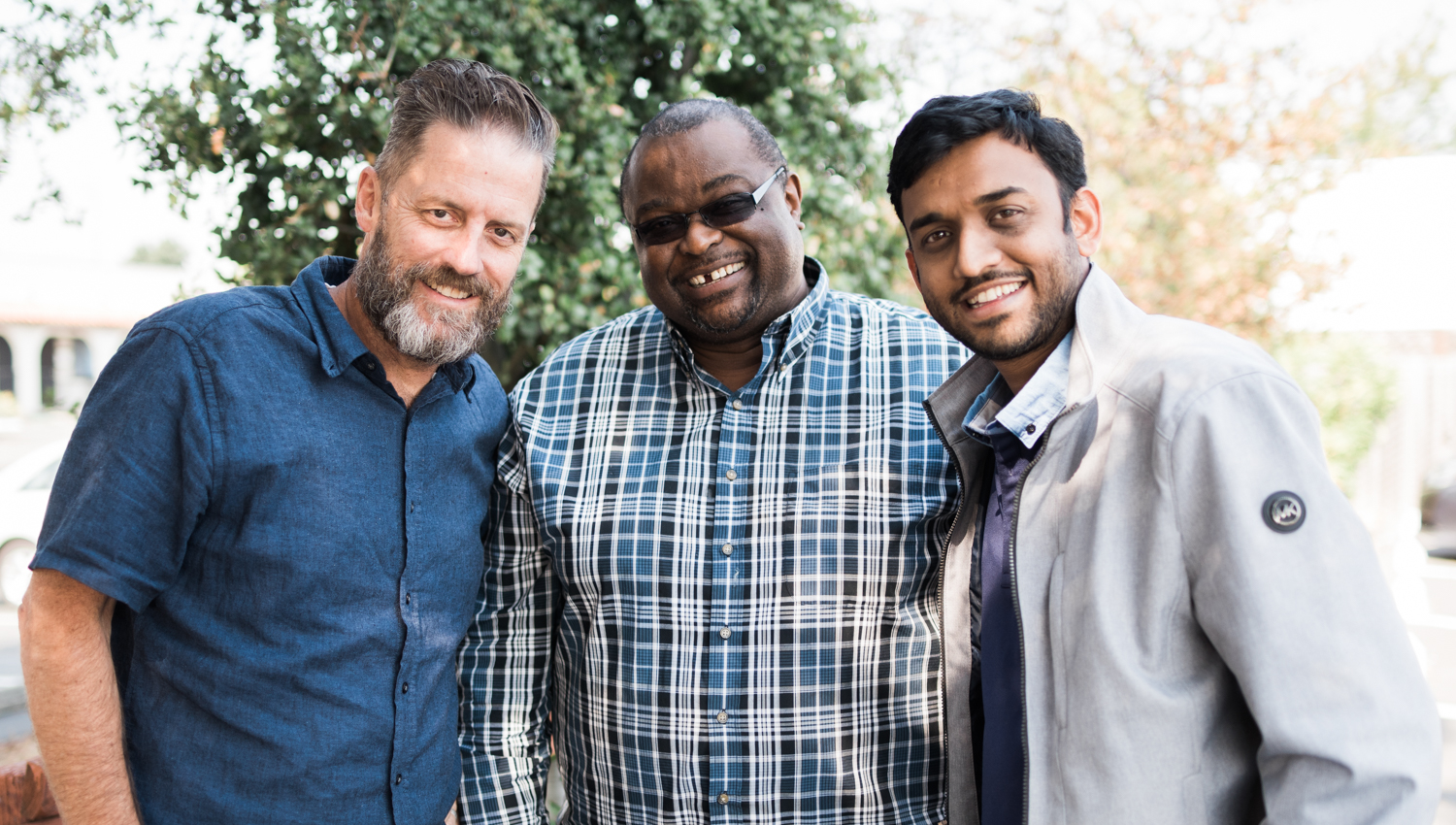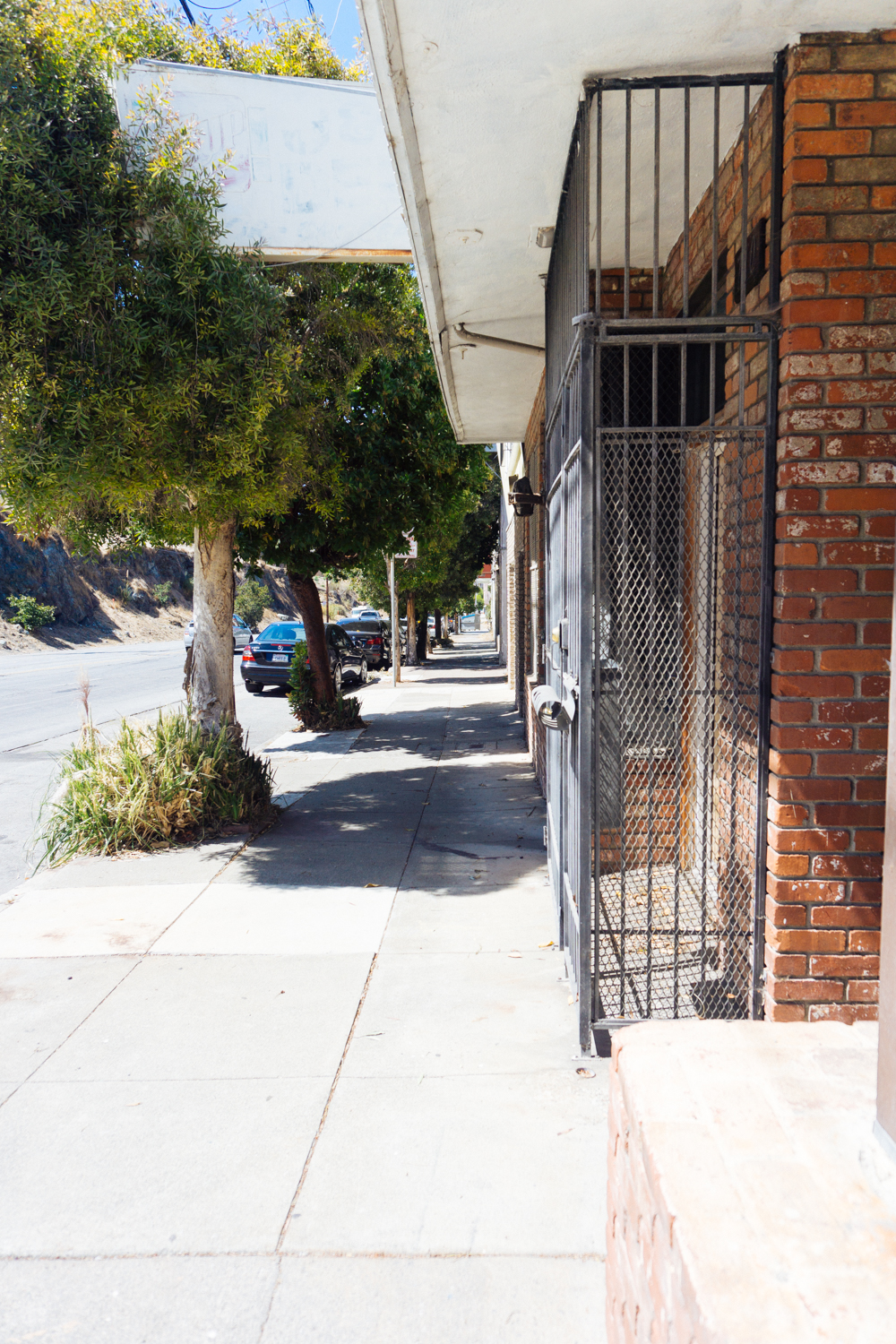Conversations that Matter - Post Pandemic Marketplace Ministry
The Pandemic drastically changed where, when, and how we work. The challenges of the last two years provide a chance to rethink work and how we approach it as followers of Christ. Tune in to an encouraging conversation with Denise Lee Yohn - Director of Faith & Work Journey, and Roy Tinklenberg, Co-Founder of Faith & Work Movement to discuss how Church leaders can approach the question, " What does Marketplace Ministry look like post Covid?"
Aslan Housing Foundation: Making a home for ministers in the Bay Area
As mortgage rates continue to increase the housing market is softening in most parts of the country. However, here in the Bay Area where the median sales price for a single-family home is $1,250,000 even with a slight dip, homeownership is out of reach for many including those working in full-time ministry. The average rent for a two-bedroom apartment here is between $3000 and $4000, also challenging for many pastors and church staff members.
“The housing crisis here is affecting recruiting and retention in our churches. We need to create solutions to address the crisis to keep our pastors here.” - Nicole Bergeron, president & CEO of Aslan Housing Foundation.
According to Glassdoor, pastors in the Bay area earn an average annual income of $81,049. Input this salary into a home affordability calculator and you’ll find that these pastors can afford a home priced at $388,175. There’s just a handful of homes listed at this price in the region.
“At Peninsula Covenant Church we almost lost two very strategic hires who had been recruited from out of state because of the cost of housing here,” Bergeron recalls. “A group of us lay folks at the church decided to work on helping PCC figure out an approach to housing the staff.”
Bergeron and Aslan co-founder Doug Morton decided to be the change they wanted to see and founded Aslan in 2018 in response to the housing crisis and its impact on PCC staff members.
Naming the organization Aslan was strategic as Bergeron explains, “Of course, Aslan is the Christ figure in the Narnia stories. We were sure the Christian community would recognize this evocative name. We adopted it because of Aslan’s benevolence, fierceness, and wisdom. To be operating in this kind of market we need to be wise, to be discerning, to be fierce, and to be ready to pounce.”
As a first step, we created criteria to prioritize staff needs. Then we decided to build.an equity share for the most senior staff at PCC who met a criteria the church had developed. “We found this to be a hard target for someone to actually shoot an arrow at,” says Bergeron. “So, we decided to instead build an inventory of homes to rent at below market prices. We own a handful of homes seven households occupy right now.”
As the organization evolved, they developed three core actions: coaching, discipling, and solving. “We coach pastors about how to save for housing and how to get the most out of a housing allowance,” Bergeron notes.
“We disciple stakeholders, making sure people understand their pastors’ housing needs. We’ve found that congregations don’t realize just how low a pastor’s pay is and how challenging it is to find affordable housing.
“We’re encouraging people to help by renting their extra bedroom, their ADU (accessory dwelling unit), or if they have a second home, renting that to someone in ministry at a below market price.”
Aslan created Marketplace to match pastoral staff with available housing as Bergeron explains, “If someone has an ADU, a granny unit, a room, or a full home available where a pastor can live at below market rent -- still a fair amount of money -- they can list it on our marketplace.”
The organization is working to solve the housing crisis by managing property. “We property manage homes for Christians who are willing to rent at below market. This doesn’t just solve for the pastors, but it creates a nice way for families to feel good about what they’re doing with a home that’s not their primary residence.”
Recently Aslan was approved as a down payment assistance program with Cross Country Mortgage and Lawyers Title. “We put money alongside the down payment so the pastor can have a small enough mortgage to service,” says Bergeron. “Next, we hope to create a funding pool of equity share dollars where Christian institutions, people with retirement accounts, and high net worth individuals can invest in the California real estate market and bless pastors.”
Bergeron has learned a lot during the past four years and is using that knowledge and experience to consult with several churches both in the Bay area and elsewhere including Washington state and New York. “We can help churches find better housing solutions more quickly because we’re facilitating and scaffolding the strategy.”
Aslan has already helped more than thirty pastors, but Bergeron believes they’re at an inflection point.
“This new down payment assistance program is incredibly exciting. Now anytime some church, pastor, or church investor wants to do an equity share, they don’t have to go it alone. But to scale and make housing solutions affordable for churches, we need philanthropic support and investors.”
Contact Nicole Bergeron, nicole@aslan.org, to learn more about how your church or ministry can partner with Aslan.
Conversations that Matter - Faith and Work
For many of those attending our churches, work is either the primary place to find a sense of identity and self-worth, or the place to tolerate until something better comes along. How does integrating faith with work lead to a better understanding of the role of the believer in the workplace?
Panelists Dr. David Gill, author of Workplace Discipleship 101, Denise Lee Yohn, Director of Faith & Work Journey, , and Andrew Hoffman, lead pastor at Solano Community Church discuss practical ways that your church can engage your marketplace leaders.
Finding the Rhythm of Sabbath Rest
Finding the Rhythm of Sabbath Rest
There’s an old joke about a professional football player who, while negotiating his contract, lets his team know that he doesn’t work on Sundays. That’s kind of a non-starter isn’t it since pro games are typically scheduled for Sundays? Like football players, most pastors can’t take Sundays off. So, what everyone else may call Sabbath, is not your day of rest. Yet, the Lord commands that we all – pastors and ministry leaders included -- take a break from work every week.
“It doesn’t’ matter which day of the week it is,” says Cathy McIlvoy, who along with her husband, Rob, supports pastors and ministry leaders in the Bay Area through Standing Stone Ministry and frequently speaks on the topic of Sabbath rest. “It’s a day to not engage with work. As a pastor, you have more control over that than you may think.”
In his book, The Emotionally Healthy Leader, author Peter Scazzero defines Sabbath rest as “a 24-hour block of time in which we stop work, enjoy rest, practice delight, and contemplate God.”
Dr. Joe Gorman, the Director of the Christian Ministries Online Undergraduate Program at Northwest Nazarene University and author of Healthy, Happy, Holy: 7 Practices Toward a Holistic Life, suggests, “Do whatever recreates, restores, renews, or refills your spiritual, physical, mental, and emotional reservoir. Do whatever increases joy, delight, and rest and avoid doing whatever detracts from any of these.”
Sabbath rest won’t look the same for everyone. Cathy reminds us, “God made each of us to be unique. We enjoy different things. For one person it might be going for a long walk. Another might prefer playing a sport or curling up on the couch with a good book. Spending time not working – having rest and doing something that delights us -- honors who God made each of us to be.”
Sabbath rest is a biblical response to stress
It won’t come as a shock that pastors and ministry leaders deal with a lot of stress, especially as we all cope with a global pandemic. Data collected by SoulShepherding.org confirms this:
75% of pastors report being “extremely stressed” or “highly stressed”
90% work between 55 to 75 hours per week
90% feel fatigued and worn out every week
A 2013 study from the Schaeffer Institute reports that 1,700 pastors leave the ministry each month, citing depression, burnout, or being overworked as the primary reasons. Regularly scheduled break helps to recover from physical and mental effort. Building a rhythm of Sabbath rest will
promote mental health
boost creativity
increase productivity
promote well-being
reduce stress
improve mood
strengthen relationships.
(The Maslach burnout inventory is an assessment tool developed by Christina Maslach and Susan E. Jackson to determine an individual's experience of burnout.)
Sabbath rest requires trust
In his book, Sabbath: Finding Rest, Renewal, and Delight in Our Busy Lives Wayne Muller says that in practicing rest, ministers develop greater trust in Jesus, acknowledging the work that Christ has already done.
Sabbath requires surrender. If we only stop when we are finished with all our work, we will never stop—because our work is never completely done…If we refuse to rest until we are finished, we will never rest until we die. Sabbath dissolves the artificial urgency of our days because it liberates us from the need to be finished.
“Pastors are never without needy people and stuff to do,” says Cathy. “A huge component of Sabbath is trusting God with what you don’t get done. Even though members of your congregation may feel like you should be available 24/7, put boundaries in place to help usher in Sabbath rest. You don’t need to be a superhero and answer every call or need. Find a way to disengage.”
Find the rhythm of Sabbath rest
Perhaps the greatest challenge to Sabbath rest is shifting from work mode to rest mode. Cathy explains, “Pastors have their hands on a lot of things including people’s lives. It’s hard to just shut that off so ask the Lord to help with that. This is what He wants for us. He will help us.”
Create a Sabbath on your calendar as a recurring event and do everything to protect the time. While there is no prescription for how to practice Sabbath rest, start by making a list of those activities that
Fill you with joy and delight.
Leave you refreshed and renewed emotionally.
Promote peace of mind, body, and spirit.
Be consistent
Cathy advises, “If Sabbath rest is something we do from time to time, we’re not in the rhythm of it. It’s the same as practicing anything; the more you do it, the better you get at it.”
She points to her own experience when she describes what happens when she’s not consistent, “When I’m casual about Sabbath, then I get sloppy. It’s not as meaningful when I’m not really committing to it. Seek God’s help with this and trust Him with the time.”
Sabbath rest is a gift from God. Like all gifts, we should receive it gratefully and enjoy it fully. Cathy suggests that we apply the determination we put into being productive into practicing Sabbath; “We get better the more we’re committed to doing it. Week 1, 2 and 3 might be hard, but weeks 4,5,6 and on? You’ll wonder what I would do without this?”
Resources:
Keeping the Sabbath Wholly, Marva J. Dawn
The Radical Pursuit of Rest: Escaping the Productivity Trap, John Koessler
The Sabbath, Abraham Heschel
This Day, Wendell Berry
We’d like to know, what are your favored Sabbath rest practices and the impact of Sabbath rest on your life and ministry?
Citizens SF - Still being Sent
Four years ago, Citizens began when five people hosted a dozen neighbors for a barbecue.
Some lived in the house next door. Others lived in the urban forest down the street. A few already believed in Jesus, but most did not.
Over the coming years, everyone in attendance at that first cookout would hear the gospel many times. They would learn that we love them because God loves them. A few would believe. (And some will yet believe!)
Today, Citizens Church looks much the same, only bigger.
The Father's House - It all Started with a Conversation
Tim and Robyn married in 2004 and have two daughters (Ellie and Livvy). They have a heart to see San Francisco and the greater Bay Area reached with the life changing message of Jesus. After serving as associate pastors at The Fathers House for 10 years, they started TFH SF with the hope of bringing all that God is doing through the church to San Francisco. They are passionate about community, family, and raising up the next generation of leaders. Watch their story below.
Dotun Kukoyi
“I believe that, as Christians, we are required to disciple people”
Dotun, aka Dot, is a church planter sent from Nigeria to plant in the Bay Area. In Nigeria, Dot and his wife, Floretta, were partners in a law practice (with 1 other); something that Dot says shaped him into the pastor that he is today. They were thriving and content until one day, in 1991, Dot experienced something he refers to as a “holy mess”. In an instant, he was overcome with the love and joy of the Lord and was forever changed.
From that moment, Dot and Floretta began to embrace the life of ministry more and more. Still, they were surprised at their willingness when, in 1995, their pastor asked them to leave Nigeria to plant a church in London (with 2 days notice). They were again surprised at their response when they were asked to move to the Bay Area to plant a Nigerian church. But they did it anyways.
Dot wholeheartedly believes that a pastor should know and walk alongside each of his congregation. So much so that once his congregation reached 144 members (a number that he derived from the 12 tribes of Israel multiplied by the 12 disciples), he planted a new church. Several years after arriving in the Bay Area, Dot, alongside Floretta, have been instrumental in the planting of numerous churches throughout the Bay Area.
They are passionate about making disciples and believe that we should experience life with each other; influencing and impacting each other throughout the most joyful and most sorrowful days in our lives.
While he and his wife were unable to have their own children, they look back now and see that God did indeed call them to multiply but not in the way that they thought. Dot notes that he has way more spiritual children than he would have had biologically and understands that, while this particular aspect of his life was difficult, it’s led to more than he could’ve hoped for.
His story is one of just saying yes without knowing what was ahead. A story of wanting his congregation to thrive regardless of what church they attended. He’s a kingdom-minded planter and we’re so happy to know him.
Eddie & Sarah Williams
Eddie and Sarah enjoy a cup of joe in the Dogpatch
Growing up in many different cities around the Bay Area, Eddie Williams faced unusual daily struggles. Without a dad around, his home was robbed regularly. At one point, he and his sister would have to take all of their belongings with them wherever they went if they wanted to keep them. At the same time, Eddie’s mom and role model was battling cancer.
At the end of her life, Eddie’s mom made it a point to tell Eddie that he would be an NFL Football player one day. She wanted so much for him even though she wouldn’t be able to see it.
We do the impossible when we tell ourselves we can.
Eddie did end up playing in the NFL and attributes his mom’s encouraging words to his fearless pursuit of the sport. Throughout his NFL career, he made it a point to make his team his mission field and to treat his teammates with love and grace. It was at this time that Eddie heard the Lord call him into church planting.
“All the believers were one in heart and mind.” – Acts 4:32
Eddie and Sarah moved back to the Bay Area in March and have a vision to plant a different kind of church. A multi-ethnic, multi-cultural church in one the southeast neighborhoods of SF. A church where a struggling single mom is in real community with an Apple executive. A church in which the barriers and walls that many of us put up are taken down to make room for authentic relationship.
Why South East SF?
Eddie jokes about Sarah’s family crest that is displayed proudly at her family’s home. The coat of arms is a symbol of legacy and belonging that Eddie never had. Throughout his childhood, he moved often and never really understood why his family had chosen the Bay Area. There were never any stories of planting and rooting but of picking up and moving.
Eddie realized that his church could be the start of a legacy for many kids growing up in the same neighborhoods that he grew up in. He’s returned to a city that has been a place of hardship and heartbreak and recently had a thought that really brought his story full circle:
“What if the reason I was born here was so that God would be glorified though the planting of a church that would share the story of Jesus to this city?”
The South East cities of San Francisco (Bayview, Hunters Point, Dogpatch) are historically black neighborhoods that are rapidly changing to a diverse mix of low income and upper middle class tech employees. Eddie and Sarah hope to bridge the gap that has formed with the only thing that can: The Gospel. Follow their story here!
Mark McGovern
Have you ever felt just so led by God but unsure of the steps needed to get to where He’s calling you?
As I listened to Mark’s story this week, I imagine that’s what it felt like when he and his wife, Amanda, were making the decision to move to the Bay Area from the Quad Cities area near Chicago to plant a church.
In his teens, Mark felt that he heard God tell him that he was going to be planting a church in “northern California”. As a kid in the MidWest, that didn’t seem exceptionally clear but as he grew older, Mark felt the need to visit the Bay Area to see what came about from a trip.
As you’re probably thinking, a visit to the Bay Area seems so vague and non-specific. Mark and Amanda felt the same; like they were on a quest with no tangible destination. However, Mark couldn’t get the phrase, “X Marks the Spot” out of his mind. So, naturally, he pulled out a map and looked for an “X”. Ironically, he found one in Vallejo, at the intersection of I-80 and Highway 37. (Even more ironic is the fact that Mark grew up near the I-80 in Chicago and met Amanda at Indiana University on Highway 37). So they packed their bags and off they went for a short trip to the Bay.
I think it’s important to note that Mark and Amanda were happy at their church in Indiana. They were near family and friends and the comforts of home. This trip to California was out of obedience to the Lord and a step towards what they felt He was leading them into but the details were unclear.
I think this is where many of us get stuck; in the knowledge that God is calling us into more but fearful because the steps to get there are not clear.
Mark and Amanda didn’t let this fear get in their way, they took steps and asked for confirmation along the way. Along their journey, there were some serious roadblocks but they trusted that they were in California for a reason.
Mark connected with Pastor Mark Smallcombe at Experience Church in San Francisco and he and Amanda decided to make the Bay Area their home. God spoke clearly to them about planting a church in Green Valley and, today, he and Amanda co-lead Experience Church's multiple locations.
This August, Mark and Amanda will be named Lead Pastors of Experience Church. They are excited to continue to do ministry alongside founding pastors Mark and Gail Smallcombe. Looking back at the last 9 years, Mark can see all the small details that have led to today. His story encourages us to take a leap of faith into what we believe might be next, regardless of fear and doubt.





















